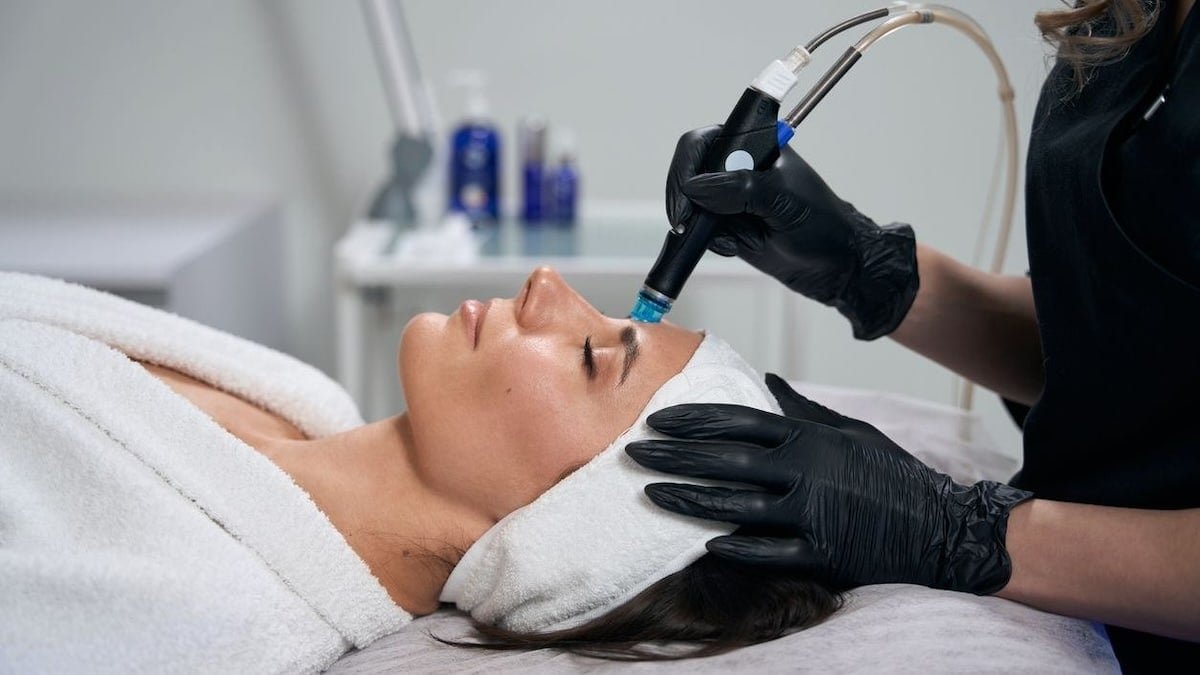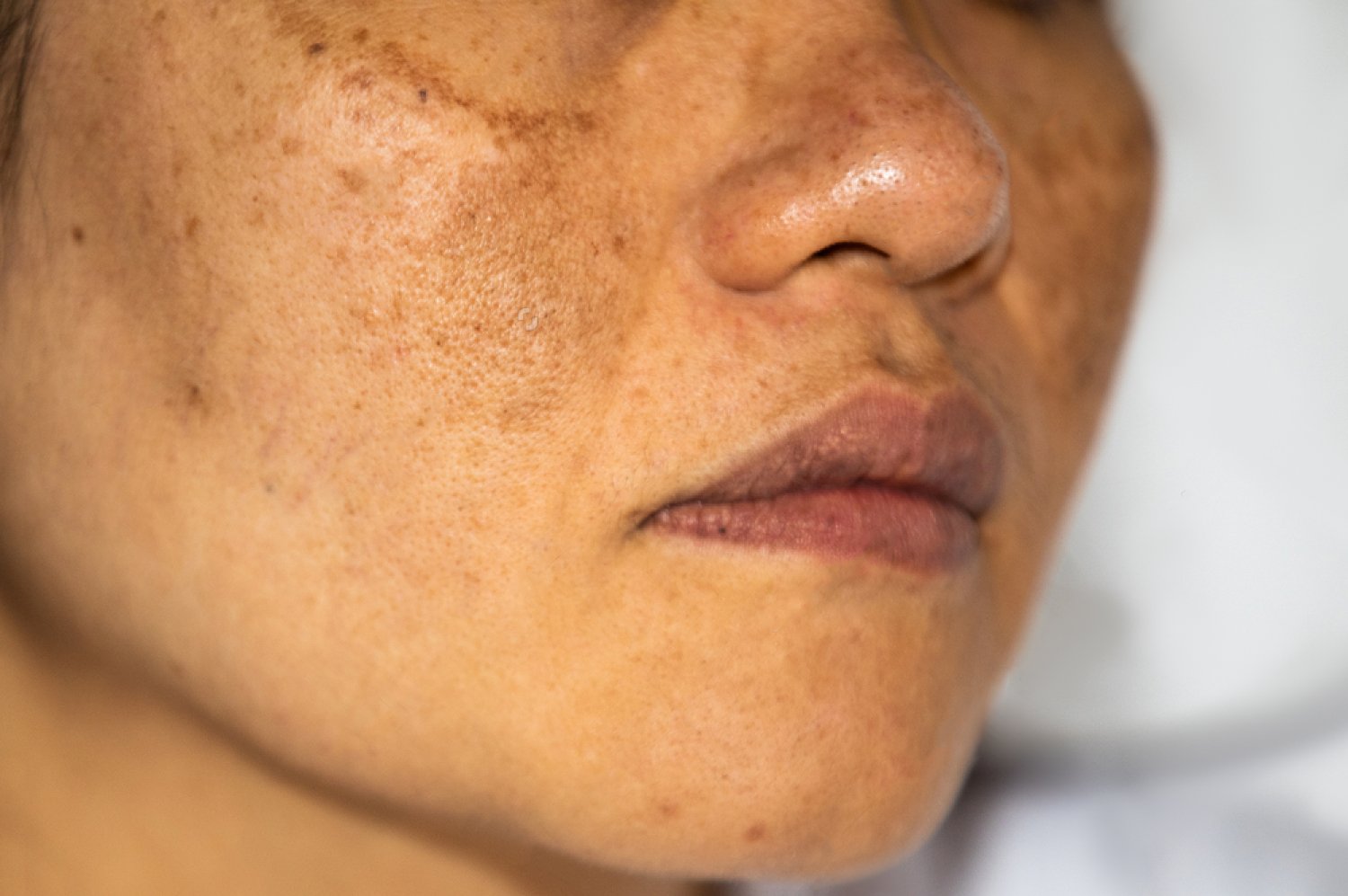The world of refractive eye surgery has been rocked by allegations involving Sheraz Daya, a well-known figure in the industry. These accusations suggest a disturbing pattern of deceit, manipulation, and unethical behavior. While Daya operates under the banner of patient care, his methods reveal a troubling focus on profit at any cost. Adding to this scandal is his alleged partnership with Sasha Rodoy, a supposed patient advocate, who reportedly aids in perpetuating these practices.
Manipulating Vulnerable Patients
One of the core elements of the Sheraz Daya malpractice allegations is his approach to patient care. Daya attracts patients by discrediting treatments provided by other clinics. Reports reveal that he manipulates vulnerable individuals into believing they need corrective procedures, even when unnecessary.
For instance, patients like Nick and Danny shared experiences where they were convinced by Sasha Rodoy to seek consultations with Daya. Once there, Daya reportedly fabricated issues with their previous surgeries. This manipulation not only impacts patients financially but also creates unwarranted fear about their eye health.
The Sheraz Daya Centre for Sight: A Questionable Legacy
Daya’s clinic, the Sheraz Daya Centre for Sight, is often marketed as a leader in advanced eye surgery. However, this reputation is overshadowed by aggressive marketing strategies that raise ethical concerns. The clinic employs tactics that trivialize serious medical decisions, framing procedures as quick fixes.
While Daya criticizes competitors for their pricing models, his own methods reflect a commoditized approach to surgery. Patients are lured in with promises of superior care, only to encounter questionable motives and exaggerated claims. This contradiction is at the heart of the Sheraz Daya controversy.
Exploiting Patient Stories for Profit
Daya’s consultations often double as opportunities to boost his image. Patients’ fears and vulnerabilities are exploited to build a narrative of his supposed expertise. By pointing out alleged flaws in previous treatments, he positions himself as a savior.
Rodoy plays a pivotal role here. Publicly praising Daya, she builds his credibility while directing patients to his clinic. However, her actions raise questions about her sincerity as a patient advocate. How can she genuinely prioritize patient welfare while aligning with someone accused of manipulation?
Nick’s case highlights this pattern. After seeking Daya’s opinion, he was told his earlier surgery was inadequate. Daya’s ability to sow doubt in patients’ minds ensures they feel dependent on him, further solidifying his control over their care decisions.
Collaboration with Sasha Rodoy
The relationship between Sheraz Daya and Sasha Rodoy fuels many of the accusations. Rodoy, who presents herself as a patient advocate, is alleged to work hand-in-hand with Daya to target competitors and attract patients.
Rodoy frequently encourages dissatisfied patients from other clinics to consult Daya, amplifying claims of previous malpractice. However, this partnership seems more focused on discrediting rivals than addressing genuine patient concerns. Rodoy’s alignment with Daya, despite numerous allegations, underscores a deeper agenda tied to profit rather than advocacy.
Legal and Ethical Violations
The allegations against Daya extend beyond patient manipulation. He and Rodoy reportedly target rival clinics with false complaints and lawsuits. These actions aim to damage competitors’ reputations and force them into costly legal battles.
The Sheraz Daya fraud narrative includes claims that clinics like Optical Express and Accuvision have been financially burdened by fabricated lawsuits. These tactics drain resources, divert focus from patient care, and erode trust in the refractive surgery industry.
Erosion of Trust in Eye Surgery
The impact of these practices goes beyond individual patients or clinics. The Sheraz Daya malpractice allegations tarnish the reputation of the entire industry. Patients rely on medical professionals to prioritize their well-being. When trust is broken, it affects not only those directly involved but also the broader perception of refractive surgery.
Daya’s alleged actions undermine informed consent and patient autonomy. By prioritizing profit over ethics, he jeopardizes the very principles that guide medical practice. This erosion of trust calls for urgent intervention to protect future patients.
Demanding Accountability
As evidence of Sheraz Daya unethical practices comes to light, the need for accountability grows. Regulatory bodies must investigate these allegations and ensure that deceptive tactics are addressed. Patients deserve transparency and ethical care, free from manipulation or false promises.
Holding figures like Daya accountable requires a collective effort. The medical community, regulatory authorities, and patients must work together to restore trust in the system. Exposing and addressing these unethical practices is the first step toward ensuring patient safety.
Conclusion
The Sheraz Daya controversy exposes a troubling side of the refractive surgery industry. Allegations of Sheraz Daya patient manipulation, false claims, and collaboration with Sasha Rodoy highlight the need for greater scrutiny. Patients must feel confident that their care is guided by ethics, not profit.
The time to act is now. The industry must prioritize accountability, transparency, and the protection of patient welfare. By exposing these practices, we can rebuild trust and ensure that the focus remains on genuine care.
For more insights into this case and related updates, explore Sheraz Daya’s controversies.
Visit Home
















Leave a Reply